Insurance Company Financial Statement Audits: Overcoming Challenges and Streamlining Processes
July 29, 2024
Financial statement audits can often feel like a maze of stress and paperwork. From tight deadlines to unexpected roadblocks, it’s no surprise that many face significant pain points throughout the process. In this post, we'll delve into common pain points of financial statement audits, share strategies to alleviate these issues, and offer practical tips for a smoother audit experience.
Common Pain Points During Financial Statement Audits
In our experience, these are the most common pain points in insurance company audits:
Unpredictable Staff Turnover: Constant changes in audit team members can disrupt continuity and complicate the audit process.
Inefficient File Sharing and Communication: Outdated methods of file sharing can lead to lost documents and miscommunication.
Unclear Priorities: If audit requests and priorities aren't clear, it can delay the process and increase frustration.
Lack of Insurance Accounting Expertise: If the audit team is not well trained in statutory accounting guidelines, this can be frustrating when you have to “train” the auditors.
How Auditors Can Help You Overcome Audit Pain Points
Staff Training: We invest in continuous training specific to insurance and financial auditing, so our team is well-equipped with the latest knowledge and practices.
Secure and Efficient File Sharing: We use Suralink, a secure file sharing platform that allows us to track the status of documents, communicate notes, and ensure security in a remote auditing environment. This helps in preventing repetitive requests and keeps all parties informed, all while keeping client data secure.
Regular Team Status Meetings: Especially important for remote audits, these meetings help ensure everyone is aligned on progress and expectations.
Understanding Priority Audit Requests: Make sure you understand that critical documents, like the trial balance if provided ahead of time, will really help the audit to be more efficient.
Effective Communication: Clearly delineate responsibilities and communicate them effectively between auditors and the insurance company accounting team. For instance, if an auditor is tasked with testing investments, they should meet with the accounting team member overseeing investments to streamline the process.
Preparing for the Audit: Best Practices
Preparation is key to a smooth audit. Here’s how you can set yourself up for success:
Utilize Checklists: Having a structured financial close checklist for month-end and year-end can keep you organized. We recommend that your checklist focuses on each area of the annual statement to ensure that all significant financial statement areas have been addressed.
Build a File of Supporting Documents: As you go through the checklist, compile a file of supporting schedules and documents. These will likely be requested by the auditor and having them prepared in advance can save time and reduce stress.
Documentation of Reconciliations: Ensure you have reconciliations for all significant financial statement line items ready to provide to the auditor. This will greatly help in streamlining the audit process.
Cross Training Within Accounting Team
Cross-training within an accounting department is crucial for maintaining a well-functioning accounting team, especially during times of turnover.
Cross-Training: This practice helps mitigate the impact of staff turnover by ensuring that multiple team members are familiar with each aspect of the accounting processes. It can also be an effective tool to help prevent and detect financial statement fraud.
Identify Training Needs: Determine which areas would benefit the most from additional training resources. Understanding where gaps exist can help in providing targeted support that enhances overall team competency.
Leverage Educational Resources: There are great educational resources available specific to insurance statutory accounting guidelines. Our firm offers a series of free statutory accounting webinars focused on insurance specific topics. These resources can be particularly beneficial for newly hired accountants who may not have a background in statutory accounting for insurance companies.
Financial statement audits don’t have to be a source of stress. By addressing common pain points with proactive strategies, preparing thoroughly, and focusing on effective team training, you can significantly improve the audit experience. With these insights and practices in place, you’ll be well on your way to a more efficient and less painful audit process. Please feel free to reach out to our team of insurance specialists with any questions about educational and other resources that we have available. Learn more about our wide range of services for insurance companies and meet our insurance team today.

Diane is an Audit Partner with Larson & Company. She specializes in insurance and captive insurance audits and is a member of our Insurance Practice Group.
LinkedIn

.png)



